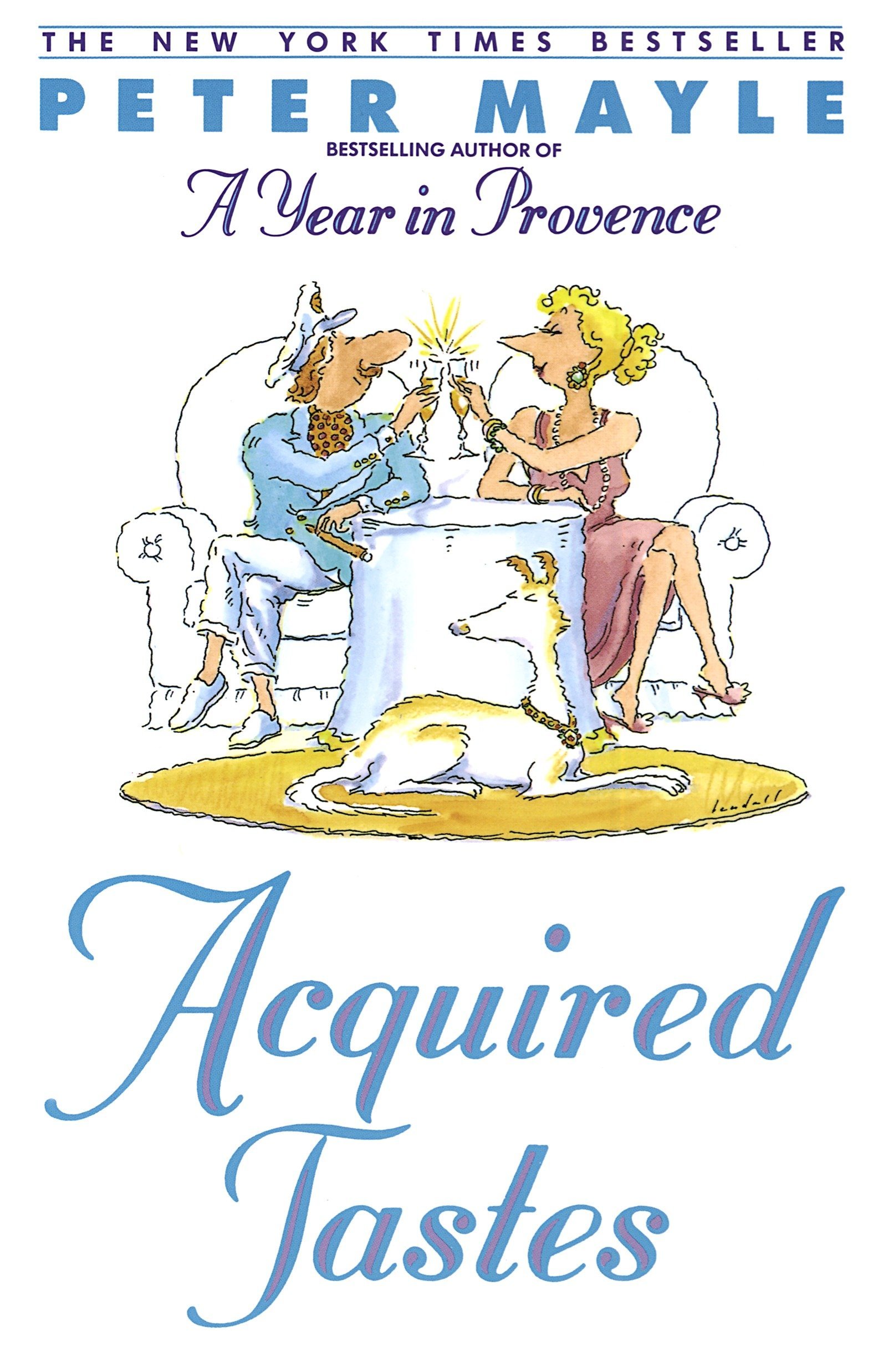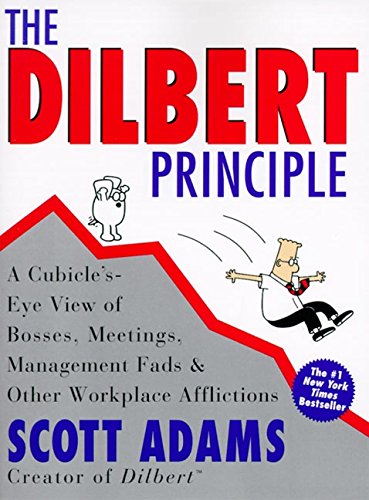Review: Recently I reviewed some books on acquiring wealth (this and this and this and this). Acquired Tastes explores some opportunities to spent large amounts of it. Being a famed author with a generous advance, Peter Mayle sets out to indulge in extravagances and vanities to write about them. From Cuban cigars over french truffles to British taylors, Acquired Tastes tells a charming and colorful story detailing the peculiarities of each pleasantry. Good tips how to get the best hotel rooms, too. It’s interesting how little has changed since the early nineties. The rich still wallow in bespoke cloths, luxury food items and posh accommodation. Just add some technological baubles and you have the upstart millenial’s wishlist. If you want a book on the nicer things of life that is a bit witty, a bit silly, a bit funny and a bit inspirational, Acquired Tastes is for you. Key points: Some expensive things are really nice. Some expensive things are nice, but difficult. Some expensive things are boring. Enjoy! Author affiliations: Peter Mayle had a career in advertising before he became an author. He is was known for his autobiographical novels about life in Provence as a British…
Review First of all, I am a huge Dilbert fan, although I have never read the comics at work, especially not during that dozy hour right after lunch. Maybe you have heard of the Peter principle. People get promoted for being competent at their current position, so it is certain that everybody ends in a job they can no longer fill competently. The Dilbert principle is similar, but postulates an earlier reason for executive incompetence: incompetent people are rapidly transferred to positions where normal people do not have to see them every day and where they cannot touch anything dangerous – to management. Most management books are written by and for managers. There are good reasons for this, for example few non-managers have the required of free time and hubris to write a management book. But this also creates a bias which may be one reason why ridiculous company policies still thrive. The Dilbert Principle offers a different perspective, looking at management actions through the eyes of the office workers affected by them. Adams brings up diverse topics that determine (and sometimes plague) the daily grind in the cubicles, from consultants to employee motivation programmes. Each chapter gives an…


